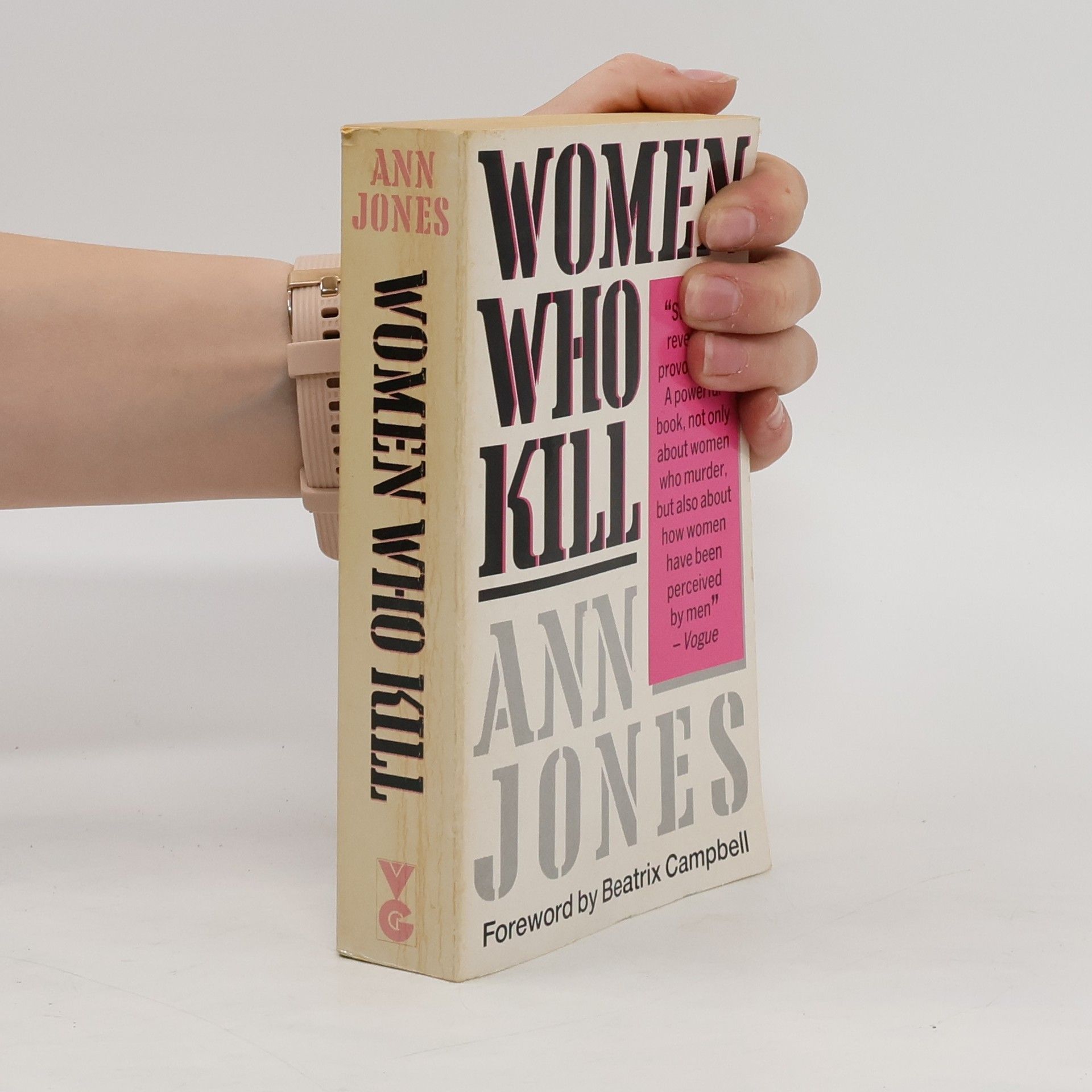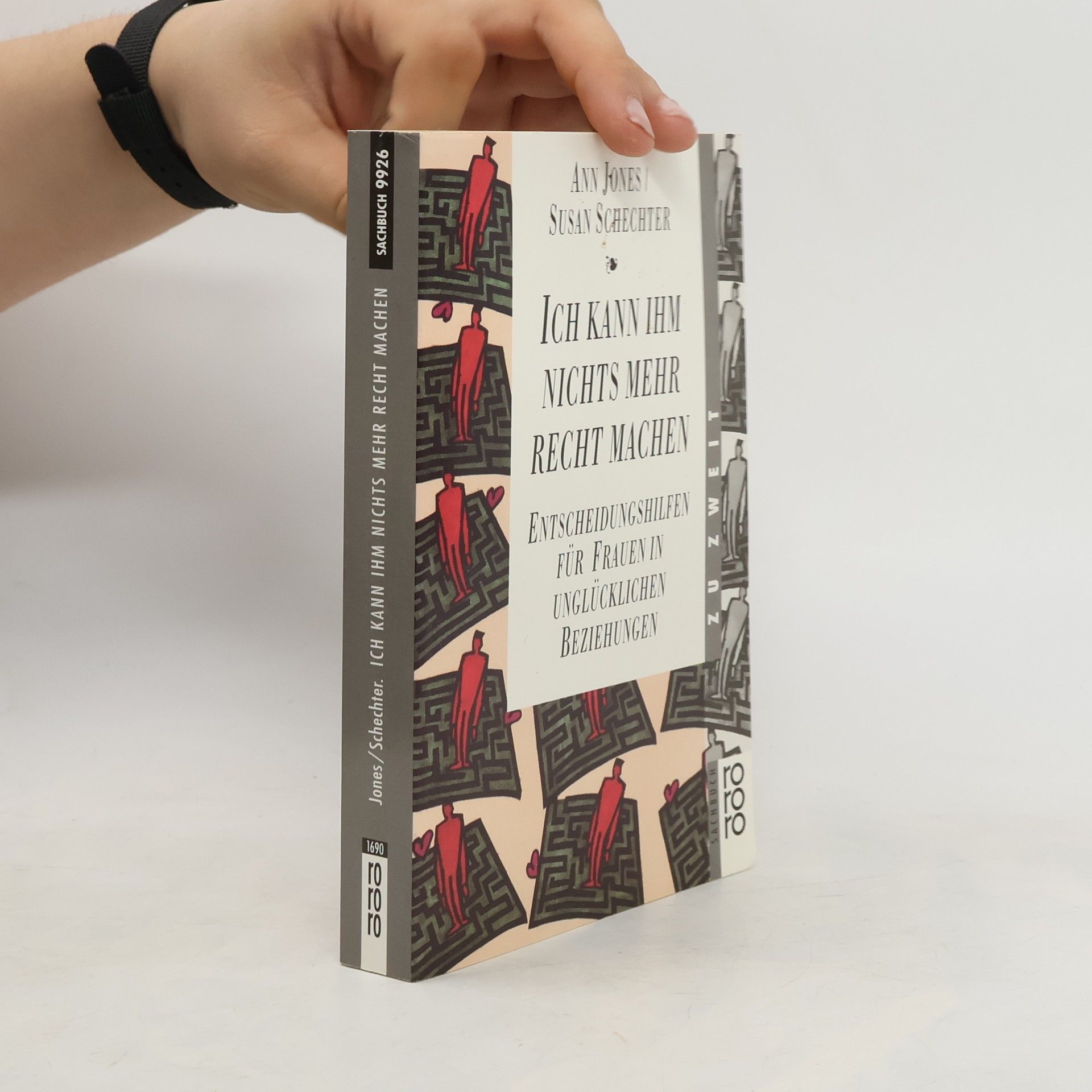Ich kann ihm nichts mehr recht machen
- 445 Seiten
- 16 Lesestunden
Ann Jones ist eine Journalistin und Aktivistin für Frauenrechte weltweit. Ihre Arbeit befasst sich mit dem Leben von Frauen im Kontext von Krieg und Konflikten und hebt ihre Widerstandsfähigkeit und Erfahrungen hervor. Durch ihr Schreiben versucht Jones, übersehene Realitäten aufzudecken und die komplexen gesellschaftlichen und politischen Auswirkungen von Konflikten auf das Leben von Einzelpersonen hervorzuheben.






Set against the backdrop of post-war Kabul, the book offers a powerful exploration of the lives of its residents through the eyes of journalist and activist Ann Jones. Her firsthand experiences in humanitarian aid illuminate the stark contrasts between the promised democracy and the lingering influence of warlords. By focusing on the stories of women and men, particularly in the context of education and imprisonment, Jones paints a vivid picture of a city grappling with its identity and future amidst ongoing challenges.
By the author of "The Tender Trap" and "In Harm's Way", this book suggests that we can learn a great deal about women's changing position in social life by considering women murderers - whom they killed, why, and how society regards these crimes. Includes the cases of Lizzie Borden and Ruth Ellis.
A Lyrical, Heartwarming Family Story Perfect for Young Marine Biologists
Just imagine you are a young orca whale. Your special friends are two cousins and your 100 year-old great grandmother, the clan leader. Based on orca research, this book combines science with the real story of how family, friendship, and a grandmother's love are helping this endangered orca clan to survive.
Ženy hovoria o znásilňovaní, bití, zlomených kostiach, potratoch, bodných a strelných ranách. Muži hovoria o "manželských problémoch". Ženy chodia s modrinami, zraneniami mozgu, ochrnutými končatinami, rozdrvenými genitáliami, projektilmi v hlave. Muži prehodia čosi o "domácich hádkach". Len zopár ľudí sa spýta: Čo je tomu chlapovi? Prečo si myslí, že si to môže dovoliť? Zbláznil sa? Zadržala ho polícia? Kedy ho postavia pred súd? Dali ho súdne vysťahovať z domu? Nepotrebuje tá žena ešte nejakú inú pomoc? Lekársku alebo právnu? Nové bývanie? Dočasnú finančnú podporu? Podporu na dieťa? Nie, ako prvá a často jediná sa ľuďom vynorí v mysli otázka: Prečo neodíde? Táto otázka v skutočnosti nie je otázkou. Nevolá po odpovedi - vynáša súd. Mystifikuje. Mení obrovský spoločenský problém na osobnú záležitosť a zároveň zvaľuje zodpovednosť na obeť.
Verslag van een reis door Afrika van noord naar zuid.